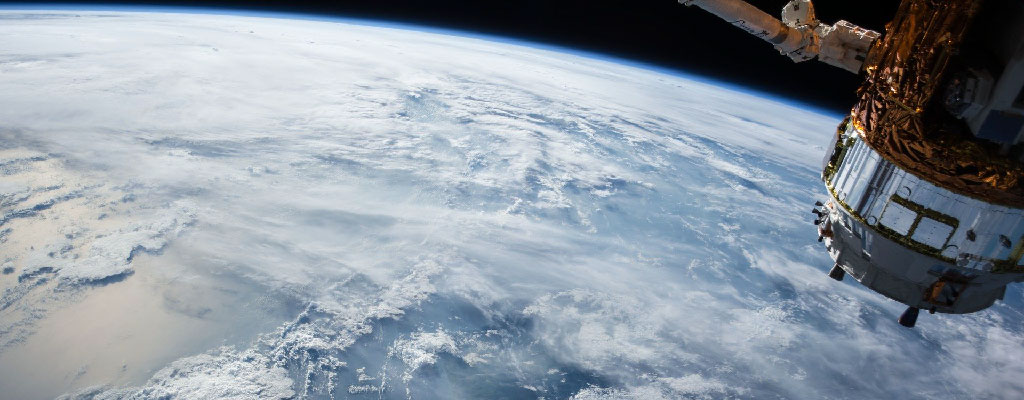Research conducted by:
John Harlim, Professor of Mathematics and Meteorology and Atmospheric Science, and ICDS Co-Hire
Tags:
machine learning weather forecasting prediction
Research Summary:
As any weather forecaster who missed last night’s snowstorm will tell you, predicting the weather is difficult. Because the atmosphere is a cauldron of complex variables, data scientists must produce numerous forecasts to model a vast array of possibilities. And that complexity can make forecasting computationally expensive. In this study, researchers demonstrated how to efficiently produce data-driven localization mappings when using satellite-like observations in intermediately complex system. The researchers relied on a machine-learning technique, called a supervised learning algorithm, to create the system that might one day offer a clearer picture of the weather.
How Roar played a role in this research:
Computations were run on the Roar system.
|
Article Title: |
Data-Driven Localization Mappings in Filtering the Monsoon–Hadley Multicloud Convective Flows |
|---|---|
|
Published In: |
Monthly Weather Review |
|
Abstract: |
This paper demonstrates the efficacy of data-driven localization mappings for assimilating satellite-like observations in a dynamical system of intermediate complexity. In particular, a sparse network of synthetic brightness temperature measurements is simulated using an idealized radiative transfer model and assimilated to the monsoon–Hadley multicloud model, a nonlinear stochastic model containing several thousands of model coordinates. A serial ensemble Kalman filter is implemented in which the empirical correlation statistics are improved using localization maps obtained from a supervised learning algorithm. The impact of the localization mappings is assessed in perfect-model observing system simulation experiments (OSSEs) as well as in the presence of model errors resulting from the misspecification of key convective closure parameters. In perfect-model OSSEs, the localization mappings that use adjacent correlations to improve the correlation estimated from small ensemble sizes produce robust accurate analysis estimates. In the presence of model error, the filter skills of the localization maps trained on perfect- and imperfect-model data are comparable. View article on publisher's website |

